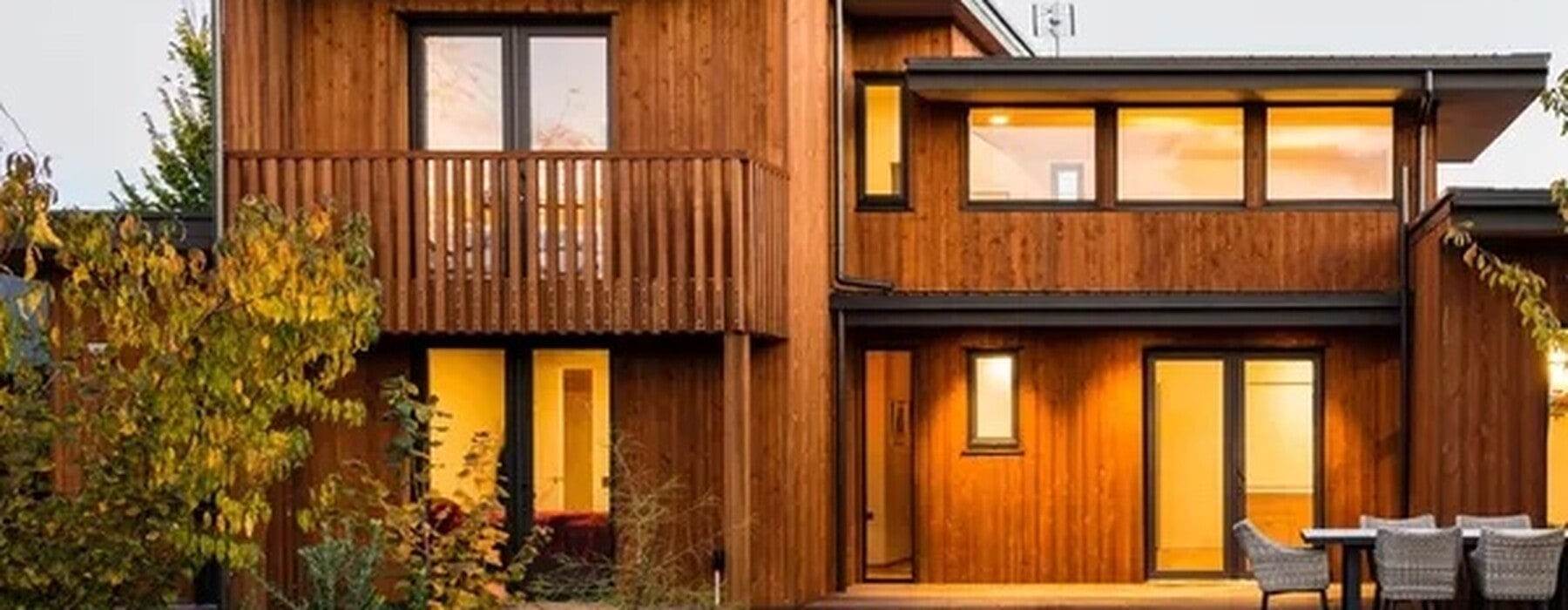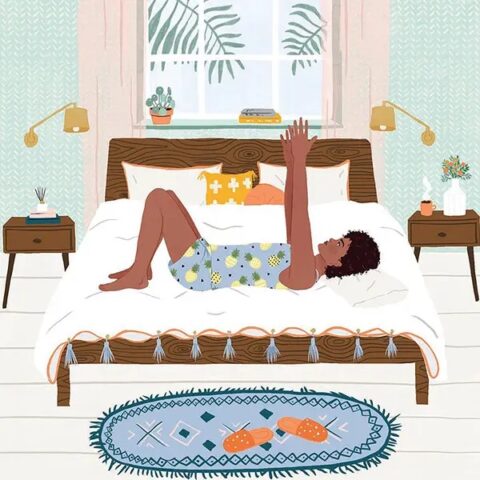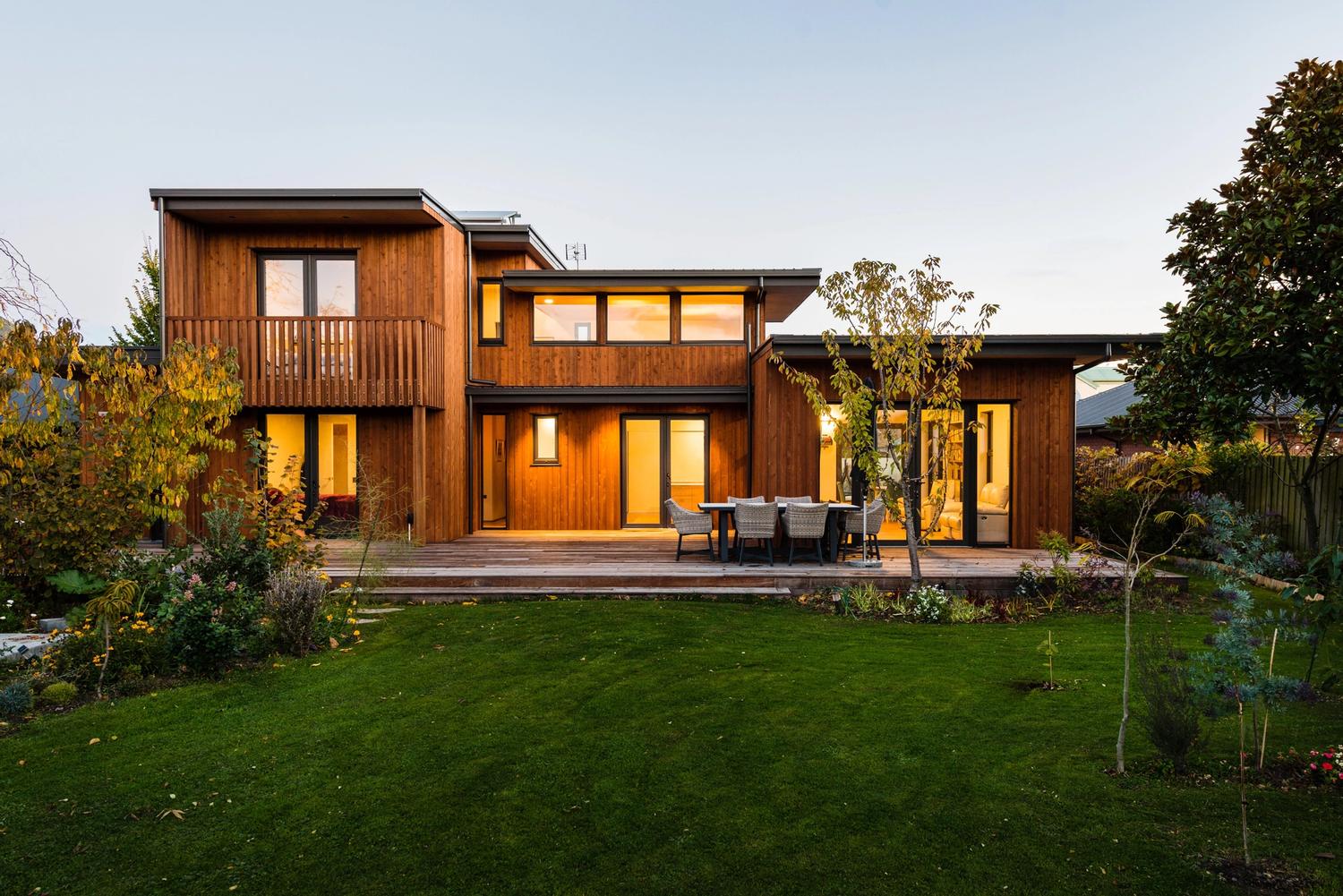
It’s important to ask the right questions to ensure you find a builder who takes sustainability seriously. Follow our guide below to make the process easier.
There are lots of environmentally friendly ways to build or renovate – from using recycled or sustainable materials, to incorporating passive solar design, which makes use of the sun for heating and cooling to minimise energy use. But finding a builder who has sustainable values can require a bit of research. I know, because we are currently looking to upgrade our spare room (housed in a tin shed attached to our house – below).
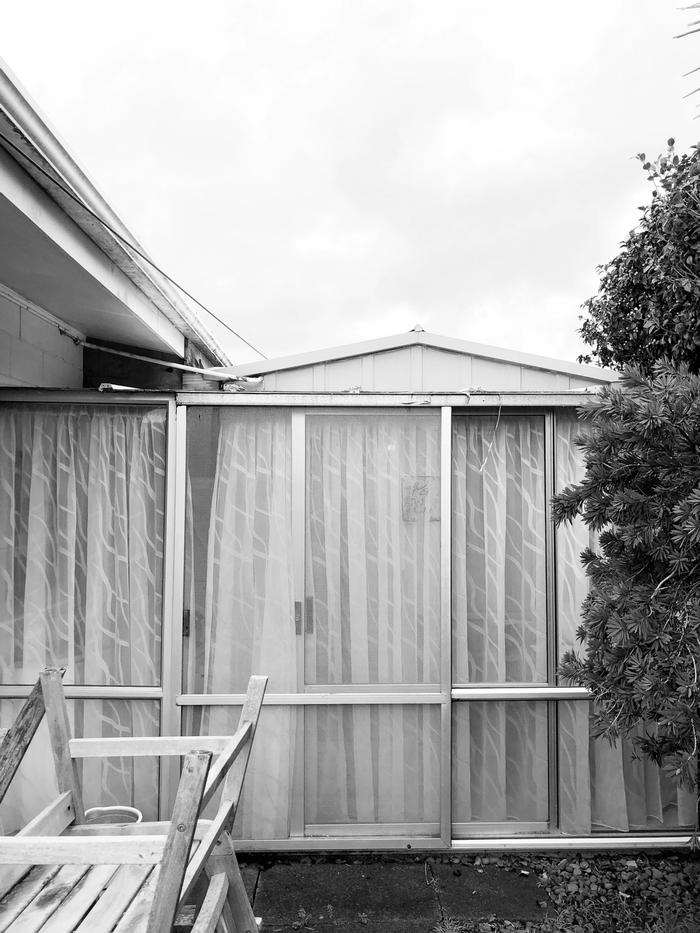
While researching online is a good place to start, it’s important to ask a builder (or any contractor) the right questions before choosing to work with them. Going over and above to make a home more sustainable is not something every builder will do. The Building Code is a minimum requirement, but many builders who take sustainability seriously say it’s not good enough.
“More than 90 percent of new homes are built to the minimum building code standards, which is 20 years behind countries like the UK and North America,” says Dan Saunders of Christchurch company Dan Saunders Construction, quoting a study by the Building Research Association of New Zealand.
Dan was one of the founding participants in the Superhome Movement, which aims to achieve higher building standards so that New Zealand homes are healthier and more energy efficient. His team specialises in building high-performance homes, which are safer and more environmentally friendly through their use of insulation, natural ventilation and passive solar gain.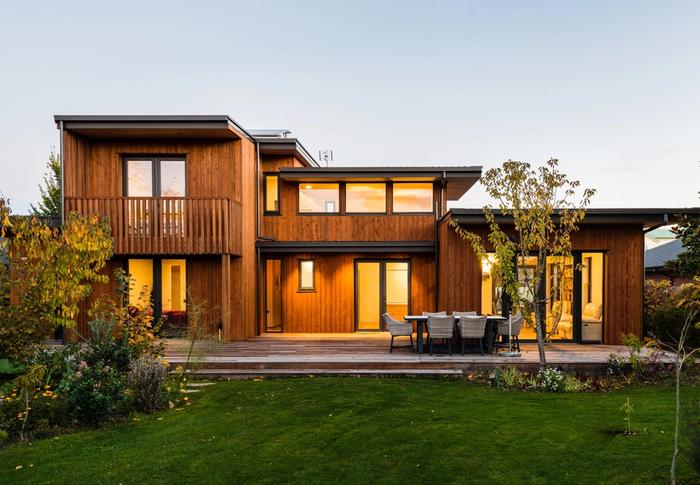
Solar panels and prefabricated insulated wall panels are just two of the energy-efficient features in this Riccarton Superhome.
As well as the construction company, Dan and his partner Jennifer Hamlin own Ecopanel, which sells prefabricated insulated wall panels that are made locally to sustainable standards. “We build energy-efficient homes but we also have a strong philosophy to protect the environment by ensuring our builds use low-carbon materials and processes,” says Dan. “The benefit of all of this is that these materials are non- toxic and the warmer, drier, energy-efficient home is cheaper to heat and cool, and it is healthier to live in.”
Dan works alongside the Passive House Institute New Zealand (PHINZ) and the New Zealand Green Building Council (NZGBC), which uses the Homestar rating system to rate homes according to their efficiency, health and sustainability.
Auckland-based Craft Homes is another company affiliated with the Superhome Movement, as well as PHINZ and NZGBC. Toby and Cat Tilsley and their team build high-performance homes using recycled materials where possible. Although they also renovate homes, they point out that it’s easier to introduce sustainable elements with a new build. With a no-waste policy on site, Craft Homes offers leftover hardwood to anyone who wants it and uses waste-management company Green Gorilla to ensure they recycle as much building waste as possible.
Green Gorilla separates reusable building materials, such as timber and gypsum (the mineral used in plasterboard), at their waste-processing facility in Auckland, where they divert about 75-80 percent of construction, building and demolition waste from Auckland landfills. Auckland-based DIYers can order skips from the company, making for a much more sustainable renovation.
Another environmentally friendly DIY option is to borrow from a tool library rather than purchasing a tool you only need for a limited time. The Auckland Library of Tools is a community hub where for a small quarterly or annual fee you can borrow anything from a hammer to a pressure washer or a circular saw. Gardening, sewing and camping supplies are available too. There are other tool libraries around the country – in Wellington there’s the Newtown Tool Library, Raglan has one at the Whāingaroa Environment Centre, and in Canterbury there’s Christchurch’s Tool Lendery and the Lyttelton Library of Tools and Things.
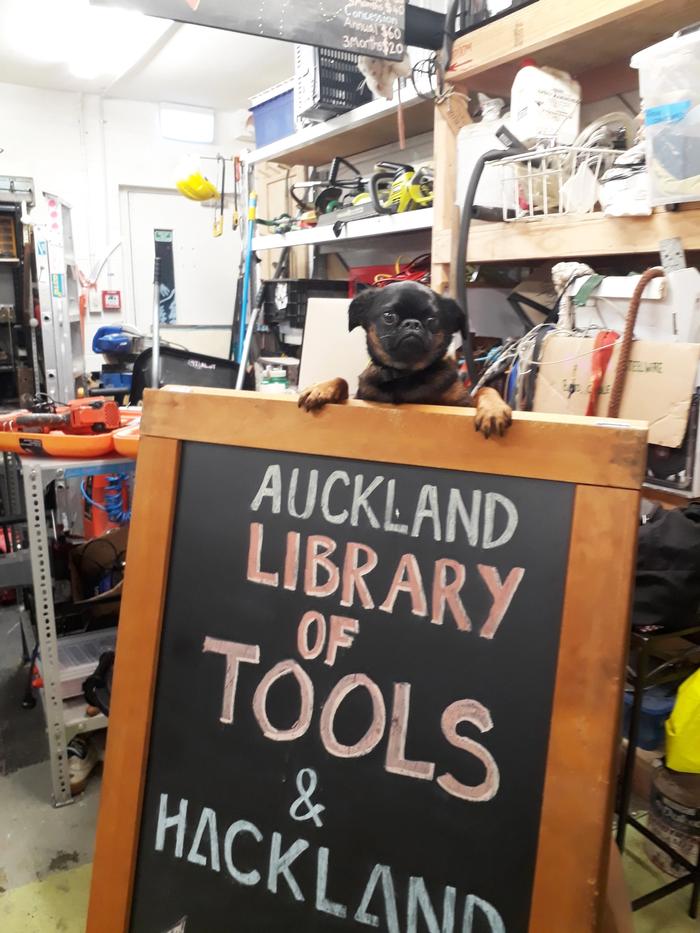
It’s also important to support diverse tradies using eco-friendly processes. Tradespeople.co is an online directory of female and gender-diverse builders, plumbers, electricians and more, which aims to increase representation in the construction industry. A number of people listed in the directory have a green ethos, such as Liz Watson of Waikato company Stone Roofing, which recycles and reuses waste materials, and Amelia Fagence, an Auckland designer, furniture maker and architectural graduate who focuses on environmentally conscious practices.
Ask your builder
- How do you minimise waste on-site?
- What sustainable building processes do you use?
- Do you build high-performance or energy-efficient homes?
- Are any of the materials you source locally produced or made from recycled or renewable materials?
- Do you have any environmental affiliations or accreditations?
Photography by Dan Saunders

